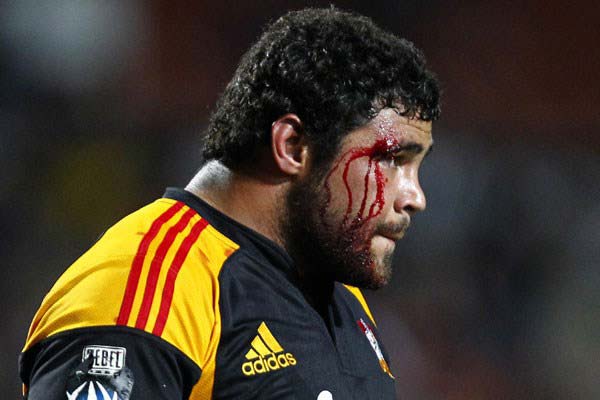
Barbara Dreaver
AUCKLAND (TVNZ/ Pacific Media Watch): A new study, by researchers from the Auckland University of Technology (AUT), shows Pacific Islanders living in New Zealand are at significantly higher risk of experiencing a traumatic brain injury than any other group.
The NZ Medical Journal published a study on traumatic brain injury (TBI) and found Pacific Islanders had 1242 cases of TBI per 100,000 people compared to New Zealand Europeans who had 842 cases per 100,000.
Lead author and National Institute for Stroke and Applied Nuerosciences research fellow Dr Alice Theadom said most of the Pacific head injuries happened during sports and recreational activities.
There were also high numbers of injuries from activities associated with everyday living such as slips, trips and falls.
"What I would be keen to see is working with Pacific communities to look at how we can prevent injuries from occurring.
"Because there are high rates we really need to look at what we can do to prevent injuries occurring so frequently in the future," she said.
The study comes amid heightened concerns over concussion in sport.
Last week Chiefs' prop Ben Afeaki announced his retirement from rugby after being plagued with symptoms stemming from concussion.
There is concern across the codes with the National Rugby League (NRL) tightening up on its concussion rules-players showing symptoms such as balance disturbance or loss of consciousness will not be allowed back on the field.
Barbara Dreaver's video news report
This work is licensed under a Creative Commons Attribution-NonCommercial 3.0 New Zealand Licence.




